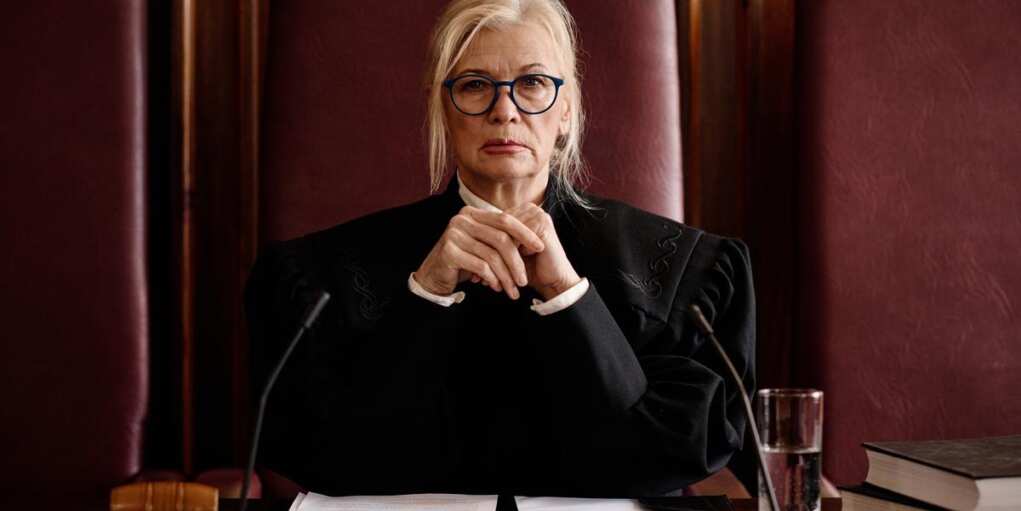Trump Makes Shocking Security Move Against Rogue Judge

In a sweeping rebuke of Brazil’s judicial system, President Donald Trump on Wednesday declared Brazil a national security threat to the United States and imposed harsh human rights sanctions on Supreme Federal Tribunal Justice Alexandre de Moraes. The move—executed under the Global Magnitsky Act—freezes de Moraes’ U.S. assets and bans any transactions between him and American individuals or companies.
The U.S. Treasury and State Department say de Moraes has orchestrated a campaign of politically motivated censorship and persecution, particularly targeting supporters of former Brazilian President Jair Bolsonaro. Secretary of the Treasury Scott Bessent didn’t mince words, describing de Moraes as the ringleader of a “witch hunt” against conservative voices in both Brazil and the United States.
“De Moraes is responsible for an oppressive campaign of censorship, arbitrary detentions that violate human rights, and politicized prosecutions — including against former President Jair Bolsonaro,” Bessent said.
The Trump administration’s action stems from a growing concern that de Moraes has weaponized Brazil’s legal system to silence dissent under the guise of fighting “fake news.” His rulings have included secret orders forcing American social media platforms to ban Brazilian conservatives, threats of massive fines, freezing assets, and enabling arrests—all while dodging transparency and constitutional oversight.
Secretary of State Marco Rubio further condemned the judge, stating that de Moraes has abused his role to “authorize unjust pre-trial detentions and undermine freedom of expression.” Rubio also spearheaded visa restrictions against the justice and his allies earlier this week.
The sanctions come alongside a newly issued executive order from Trump that labels Brazil’s policies a national emergency and slaps a hefty 50% tariff on Brazilian imports, set to begin August 1. Trump cited judicial overreach and coerced censorship of U.S. companies as key threats to American security and economic interests.
“These judicial actions… endanger the economy of the United States by tyrannically and arbitrarily coercing United States companies to censor political speech, turn over sensitive United States user data… or face criminal prosecution,” Trump wrote in the order.
In Brazil, the STF issued a defiant statement defending de Moraes and rejecting U.S. criticism. Meanwhile, leftist President Luiz Inácio Lula da Silva lashed out at the Trump administration for what he called “interference” in Brazil’s sovereignty, even justifying de Moraes’ censorship as a defense of Brazilian democracy.
Yet critics say Lula’s 2022 campaign directly benefited from this censorship. During the presidential election, de Moraes blocked Bolsonaro’s team from using terms like “thief” or “corrupt” against Lula—who had been convicted in a series of corruption scandals—while allowing Lula to label Bolsonaro a “cannibal” and “pedophile” without penalty.
Lula narrowly won the election, and de Moraes’ influence has only grown since. His actions have prompted alarm even among global free speech watchdogs, with many accusing him of wielding unchecked judicial power to crush political opposition.
Brazil’s response to the sanctions has so far been nationalistic and defensive. Lula called the tariffs “unjustifiable,” while vowing to protect the country’s economy and sovereignty. De Moraes, according to reports, responded to the sanctions by making a crude gesture during a soccer match—smiling and raising his middle finger to a cheering crowd.
The fallout is just beginning. Trump’s sanctions and the new tariffs mark the sharpest turn in U.S.-Brazil relations in years—and a clear signal that his administration is prepared to use executive power to defend free speech, punish foreign censorship, and protect American tech companies from political coercion abroad.
